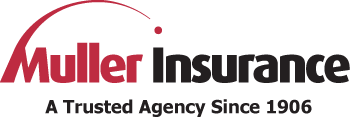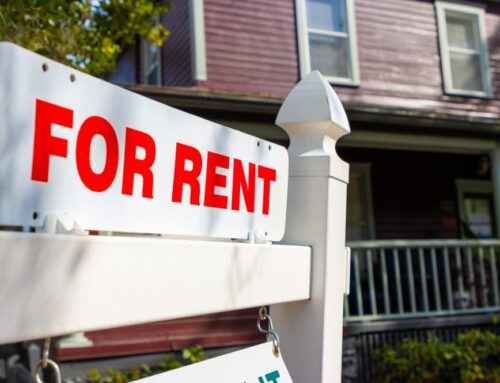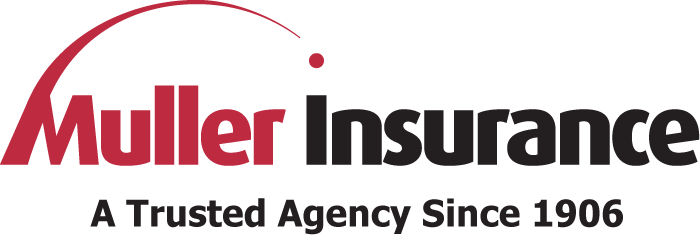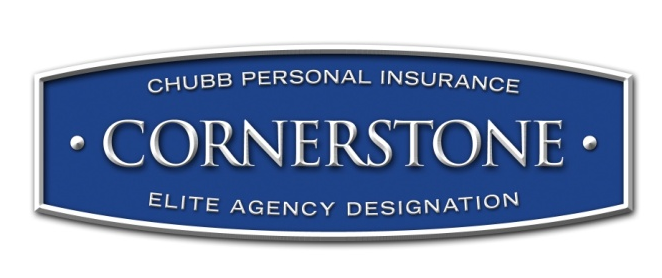Having the right coverage for your needs is crucial, especially if you’re responsible for a building with tenants. If you own rental property, you’re probably trying to figure out whether to purchase a homeowner’s policy or a landlord policy. While they both afford similar coverage options, they differ in a few ways. Here, Muller insurance discusses those differences to help you make an informed choice when consulting your agent about an insurance policy.
What Does Homeowners Insurance Cover?
In its most basic form, homeowner’s insurance protects your residence in the event of a disaster, such as a fire. It’s important to note that homeowner insurance policies are ranked, and each level provides specific coverage. A typical policy covers the following:
- Damage to the home: If your home is damaged, your policy alleviates the cost of repairs to the main building and also any attached structures.
- Personal property: If you lose any personal property as the result of structural damage, you may be reimbursed for the lost items.
The standard homeowner’s policy that’s typically used is HO-3. While homeowner’s insurance provides ample protection, it generally excludes floods, earthquakes, mold, and other unfortunate events. Muller Insurance is proud to offer those additional protections, and they can be applied to an existing insurance policy if necessary.
What Does Landlord Insurance Cover?
Landlord insurance provides coverage similar to homeowner’s insurance. It protects against damage done to the structure of the building you’re renting and any adjacent structures that are connected to the main building on your property. However, landlord insurance offers specific benefits for individuals with tenants. This policy may cover the following events:
- Loss of rent: If your building has incurred heavy damages, your coverage can include some of your lost income in rent until it’s safe for your tenants to return.
- Vandalism: Acts of vandalism may be covered under your landlord policy. Property insurance covers the cost of repairs to help keep the building in quality condition for your tenants.
Additional coverage can be purchased to cover fixtures, appliances, and furniture you own. However, your tenant’s belongings are not covered. As a landlord, it’s always a good idea to encourage your tenants to purchase renter’s insurance to safeguard their personal belongings and provide liability protection within their residence.
Consult an Insurance Agent to Select the Ideal Policy Today
There are several factors to keep in mind in deciding which kind of insurance policy to purchase. When choosing between homeowner’s and landlord insurance, there are a few key differences between the two to consider. Discussing your needs with an insurance agent that can help make the process easier. In business for over 100 years, Muller Insurance provides policies for clients living in NJ, NY, CT, PA, NV, and other states. Reach out to us today for help in selecting the right policy for your household.








